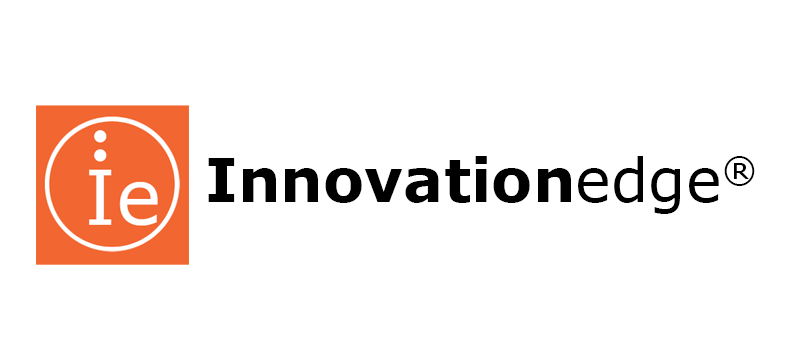Join us for our next Webinar! DATE: 31 Jan 2008 10:00 – 11:00 ET
2008 Webinar Series
Innovationedge and Pure Insight have partnered to bring together thought leaders from business, consulting and academia who will share their insights, methods and best practices with you in a simple, inexpensive and convenient format.
About this webinar
Why are Stage Gates are so effective for managing Product Development? There is broad agreement that innovation, be it in terms of new technologies, new products or new service offerings is increasingly important. Certainly product life cycles are shortening and customer expectations are growing. And yet recent studies have shown that the return from investment in innovation is incredibly variable. Organisations are ploughing huge amounts of resources into the next generation of products and services with no confidence of a result.
And yet best practices do exist. Practices that consistently prove to be more successful delivering better products, better services and better profits.
One of these best practices is the disciplined use of Stage Gates (also known as Phase Gates) as the programme management platform for development projects. Stage Gates are certainly not the only technique, nor are they necessarily sufficient in isolation, but Stage Gates have proven to be fundamentally different and more effective than traditional project management approaches.
This Webinar will explain why no organisation should be investing in Product and or Service development without first investing in this critical process.
You Will Learn
By attending you will learn how the theory behind Stage Gates and why they are the best practice model for New Product Introduction; understand why traditional methods of project management are less effective; how different organisations can successfully adapt the same principles.
about the speaker
Peter Hoyland is Managing Director of Bubble Group Ltd. A Chartered Engineer and a graduate of Oxford University, he began his career as a product developer for Thorn EMI and later for FKI plc. He was an early adopter of Design for Manufacture & Assembly (DFMA) methods and became responsible for both mechanical design and manufacturing engineering.
DFMA was a popular technique, but as phased gate programmes increasingly became best practice for programme management, he moved into consultancy to establish and implement better approaches to new product development.
In 1999, after ten years working for major consultancy companies, Peter became a founder of Bubble, a management consultancy focused on improving new product development processes. To name but a few, clients include, Cadbury, Dairy Crest, Rolls Royce, Johnson & Johnson, The Ministry of Defence, Toyota and Waterford Crystal.
